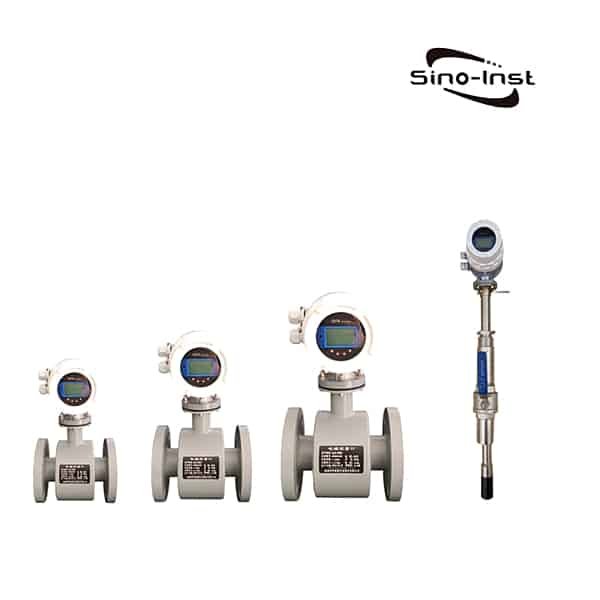Advantages of Magnetic Flowmeters
Magnetic flowmeters, also known as electromagnetic flowmeters or magnetic meters, are often the chosen option as they cause fewer clogs, are inexpensive, bidirectional, and offer accurate volume flow measurement. A range of liner materials, electrode options, and line sizes accommodate a wide variety of process applications. For demanding high noise applications, see our slurry platform for optimal performance. To find out if a magnetic sludge flowmeter meets your needs, visit us here.
Functioning
Flow measurement
Magnetic flow meters or magnetometers are composed of a transmitter and a sensor that measure the flow together. The magnetic flow meter sensor is placed in line, and measures an induced voltage generated by the liquid as it flows through the pipeline. The transmitter takes the voltage generated by the sensor, converts it to a flow measurement, and transmits this measurement to a control system.
Induced voltage
A magnetometer uses a set of coils and a pair of electrodes for flow measurement. The transmitter applies current and drives the meter coils. Once powered, a magnetic field forms between the two coils. When the pipe is full and the liquid begins to flow, the force of the magnetic field causes the negatively and positively charged particles of the liquid to separate as they pass through the magnetic field. This separation causes an induced voltage between the electrodes and the sensor.
Faraday’s Law
The flow principle behind flow meters is known as Faraday’s Law, which is mathematically defined as E = k * B * D * V. The induced voltage (E) is directly proportional to the speed (V) of the liquid moving through the magnetic field (B). The induced voltage is brought to the transmitter through the electrode circuit. The transmitter then converts this voltage into a quantifiable flow rate. The volumetric flow rate of the liquid is calculated with this known velocity and the area of the pipe.
Common uses
Magnetic flow meters are suitable for a variety of applications in a range of industries, including pulp and paper, metals and mining, water and wastewater, food and beverages, chemicals and petrochemicals, oil and gas. Because the design of the magnetic flowmeter does not leave any protrusion or obstruction in the pipeline, it is suitable for a number of applications, from cleaning and sanitary liquids to highly corrosive or abrasive fluids and slurries.

